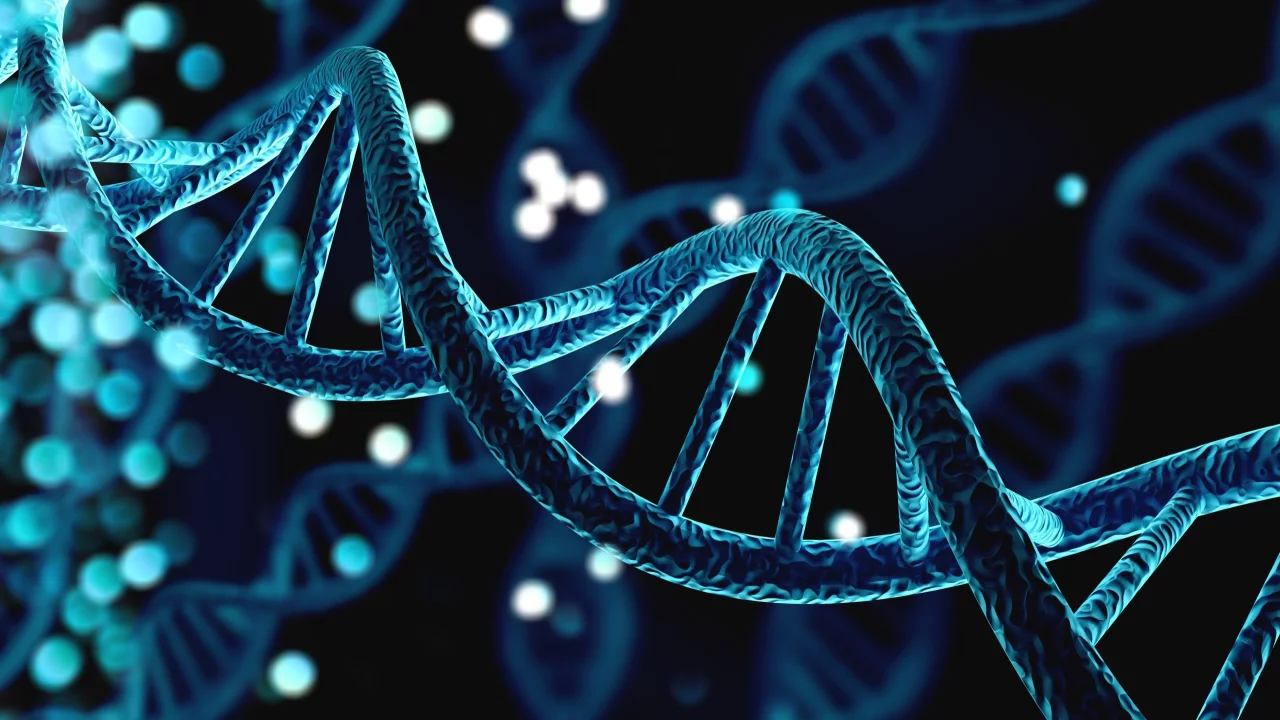New genetic changes found in Uzbekistan - cause revealed

For the first time in the history of Uzbekistan, a study was conducted on the complete reading and analysis of human genes. As a result of this scientific work, conducted by scientists of the Center for Advanced Technologies, dozens of new genetic changes in Uzbeks, previously unrecorded in the world, were identified. This information is expected to be entered into international databases and enhance the country's reputation in global genomics.
The results of the study were very concerning - it was found that every second child in the study had a hereditary mutation. Most alarmingly, it turned out that almost 86% of children are carriers of at least one "damaged" gene. This indicator is twice the international norm. Scientists attribute this situation to the share of kinship marriages in some regions - in some regions, such marriages constitute about a quarter of all marriages.
Experts emphasize that this can negatively impact not only hereditary diseases but also general health. Genetic changes also increase the risk of diabetes, cardiovascular, and oncological diseases. Consequently, the likelihood of these vices becoming more prevalent among the younger generation is increasing.
Therefore, scientists consider it very important to conduct genetic testing of couples before marriage and involve children in early preventive programs. This will allow for the early detection and effective treatment of diseases.
The results of the study revealed a lot of important information: more than half of the examined patients had an accurate genetic diagnosis, which allowed doctors to choose the right treatment method. Interestingly, almost one-third of the identified mutations were previously not recorded in the world and were included in the international genetic database.
"For the first time, we saw the true picture of our people's genes. If most children have hidden hereditary mutations, this process cannot be stopped without a system of prevention and genetic counseling," says Professor Shahlo Turdikulova, head of the "1000 Genomes of Uzbekistan" project.
Through this project, a genetic map of the country's population will be created and a national biobank will be formed. This information will serve as a basis for the development of personality-oriented medicine and the development of new medicines and screening programs.
The Center for Advanced Technologies is a scientific institution that participated in the identification of new strains of coronavirus during the pandemic and also actively participated in the creation of the ZF-UZ-VAC 2001 vaccine. And now it has begun the era of genomic research in Uzbekistan.
Read “Zamin” on Telegram!





















